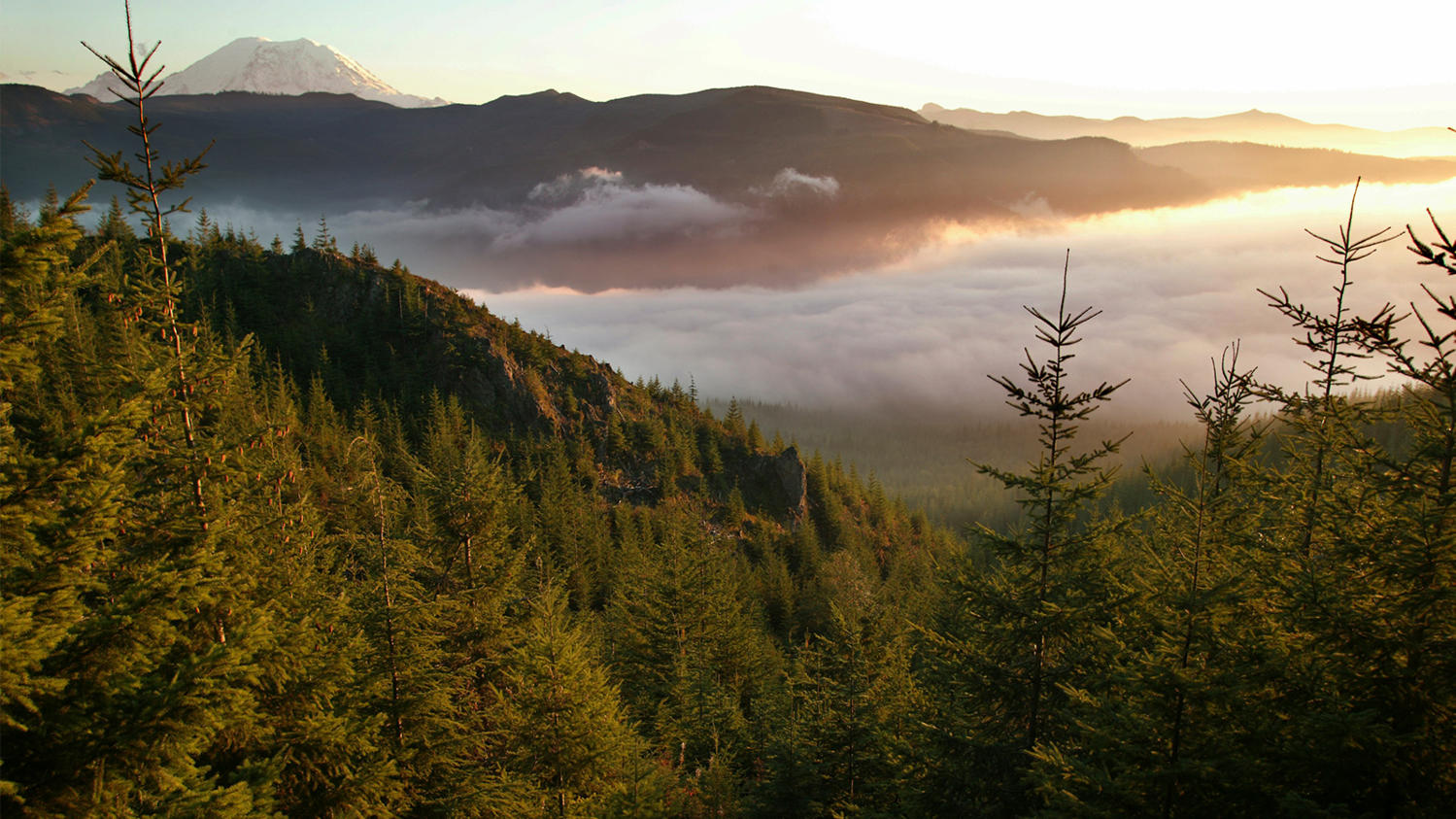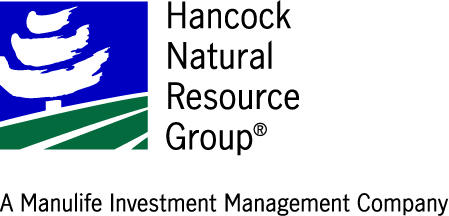Hancock Natural Resource Group: Valuing the Health Benefits of Plants

Hancock Natural Resource Group, a global farmland and timberland investment portfolio development and management company, actively manages the Muckleshoot Federal Corporation forest, known as Tomanamus. Muckleshoot Federal Corporation owns approximately 95,000 acres of forest lands in western Washington. The Muckleshoot forest lands are surrounded by neighboring land owners such as the State of Washington, US Forest Service, and small private land owners. This Sustainable Forest Initiative® (SFI) certified forest is comprised of primarily mixed evergreens and is managed for timber, job creation, forestry education, medicinal and food plants, and numerous initiatives designed to achieve the goals and vision of the Muckleshoot people.
Why a natural capital assessment?
Muckleshoot Federal Corporation chose to participate in the natural capital assessment process because there are numerous benefits derived from the forest that are not commonly recognized. It is important for the Muckleshoot people to illustrate the values they derive from the landscape and to put these values in terms that will help those not accustomed to cultural values better understand the value of the forest in its entirety.
Therefore, the objective of this natural capital assessment was to help Muckleshoot Federal Corporation make compelling arguments for the cultural value of Tomanamus Forest and the neighboring forests. This information can be used when working with legislatures, grant providers, political leaders, and state and federal agencies.
What was the Protocol or the Sector Guide used for?
The Forest Products Sector Guide was used to help determine the capital value of the understory plants on the Tomanamus forest landscape through the perspective of human health. These understory plants comprise an integral part of the traditional native diet of the Muckleshoot. These foods and medicines were, are, and will be vital for the Muckleshoot by ensuring a sustainable healthy food source.
How did you conduct your assessment?
While there are numerous values that the understory plants provide to the landscape and society, we limited this assessment to their healthcare benefits, derived from the saving on healthcare cost to the Muckleshoot Indian Tribe. The full range of cultural knowledge and value of understory plants (e.g., food, spiritual, medicine) is not accounted for in this study
To determine the theoretical value of the medicinal and food plants, we conducted a review of publicly available healthcare data, including cost related to native communities in Washington state. These plants are a key component in the prevention and treatment of diseases that are common place in native communities today, such as heart disease, diabetes, obesity, cancer, and depression.
What were the outcomes of the assessment?
The assessment revealed that the total cost of disease for the Muckleshoot Nation is approximately $10,272,664 per year, based on data collected for the treatment of nine different disease and associated medications.
A diet rich in traditional foods and medicines would reverse the aforementioned trend. The economic value of the avoided healthcare costs is calculated to be approximately $6,333 per adult per year. This value of the understory plants can therefore be extrapolated to the 80,031 acres available, resulting in a $128.36 per acre health benefit.
Next steps
Future use and breath of natural capital assessments would be determined by the Muckleshoot Federal Corporation. It is anticipated that a future assessment would take a broader approach to understanding a wider array of ecosystem values.

